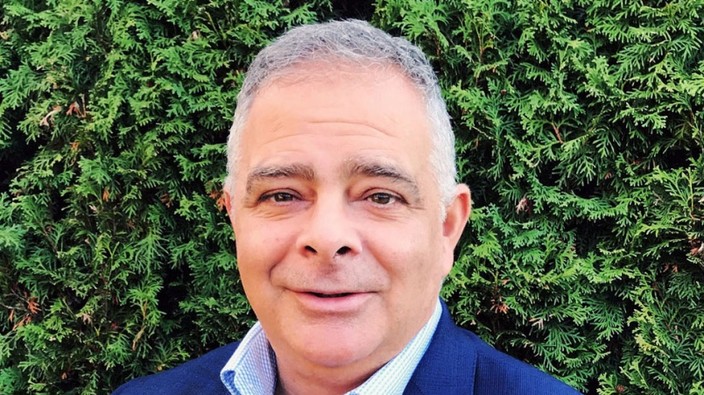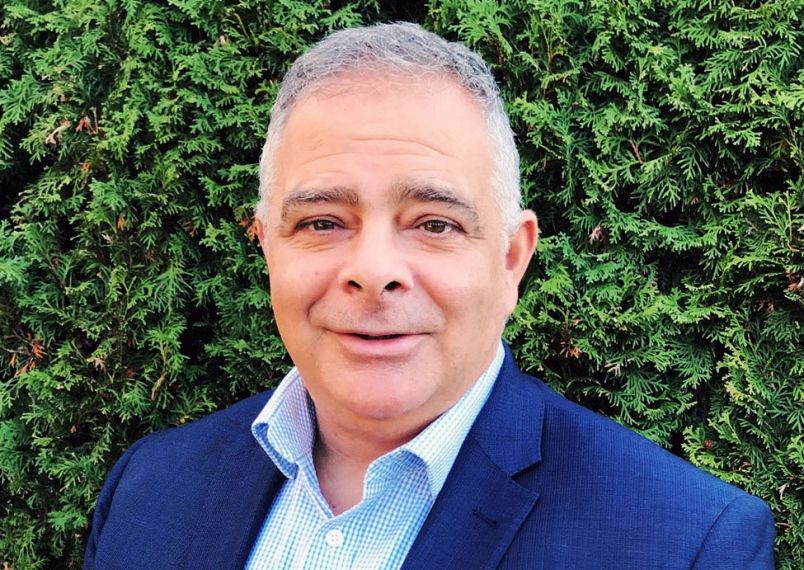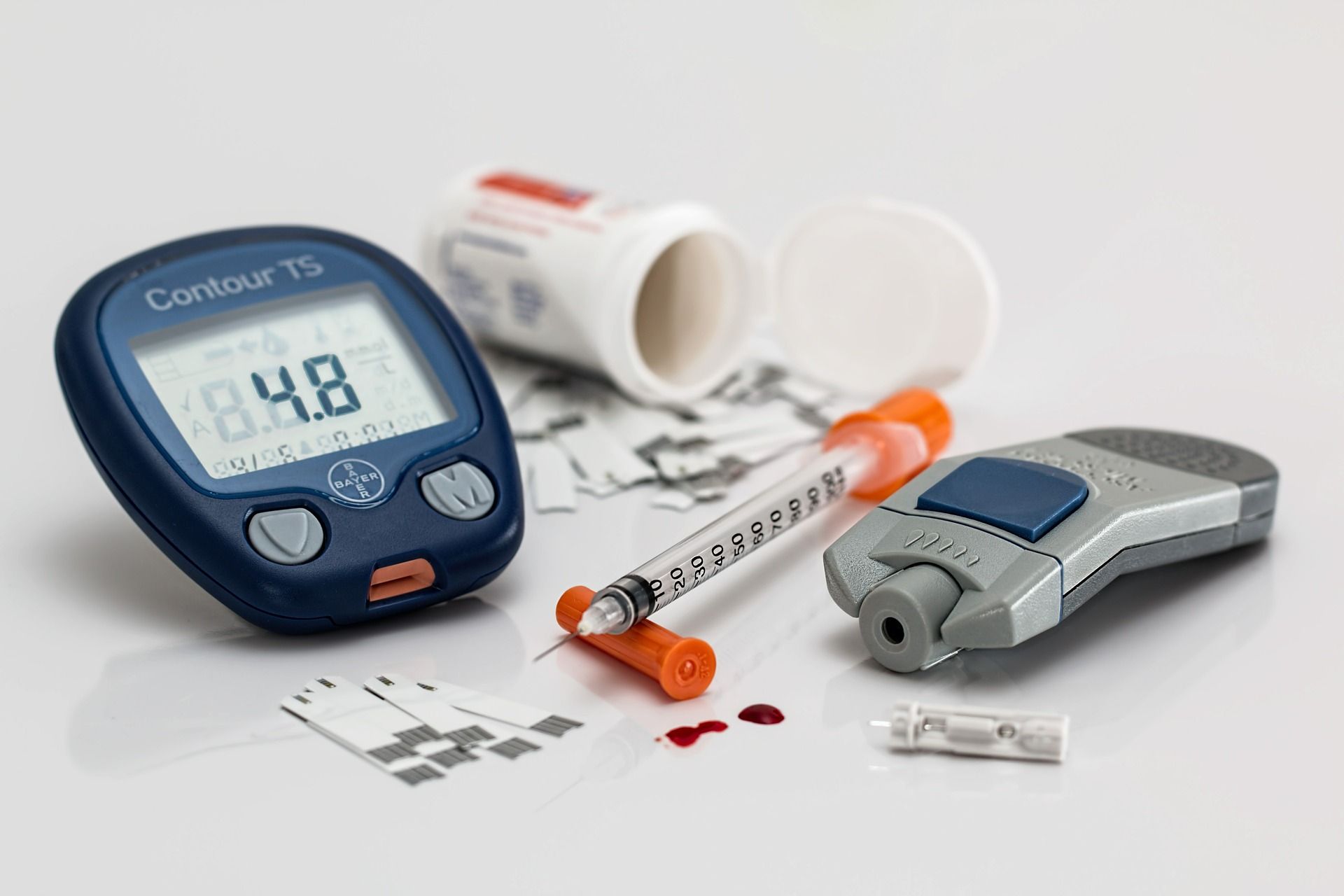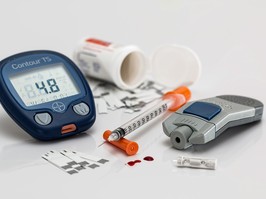“i want people to avoid doing what i did. i wish i had accepted the wakeup call of my prediabetes diagnosis. now i am doing what i can to ensure others don’t follow in my footsteps.”
mario miceli lives with regret and guilt. he wishes he could go back 14 years to when he was 42, and a doctor told him he had prediabetes. instead of ignoring the diagnosis—as he did for years—miceli would have taken it seriously and made the necessary changes, including getting more exercise, losing weight, and regularly checking his blood sugar levels.
prediabetes is a condition where a person’s blood sugar levels are higher than normal, but not high enough to be diagnosed as diabetes. “i didn’t handle the diagnosis well,” says miceli, now 56. the retired insurance industry executive, who lives in burnaby, b.c., and is the father of two adult children, adds, “i did what a lot of men do when it comes to health issues—i ignored it and hoped it would go away. and that was a crucial error.”
four years after his doctor told him he had prediabetes, miceli was diagnosed with type 2 diabetes and high blood pressure. he was prescribed insulin because he had extremely high sugar levels—but even then, he admits, he was not careful about checking his blood sugar regularly. his wakeup call did not come until almost 10 years after his initial prediabetes diagnosis. he was 52 when his doctor told him his kidney function was impaired. “that freaked me out. the damage was significant and it was a direct result of the diabetes,” miceli says.
 6 minute read
6 minute read




















